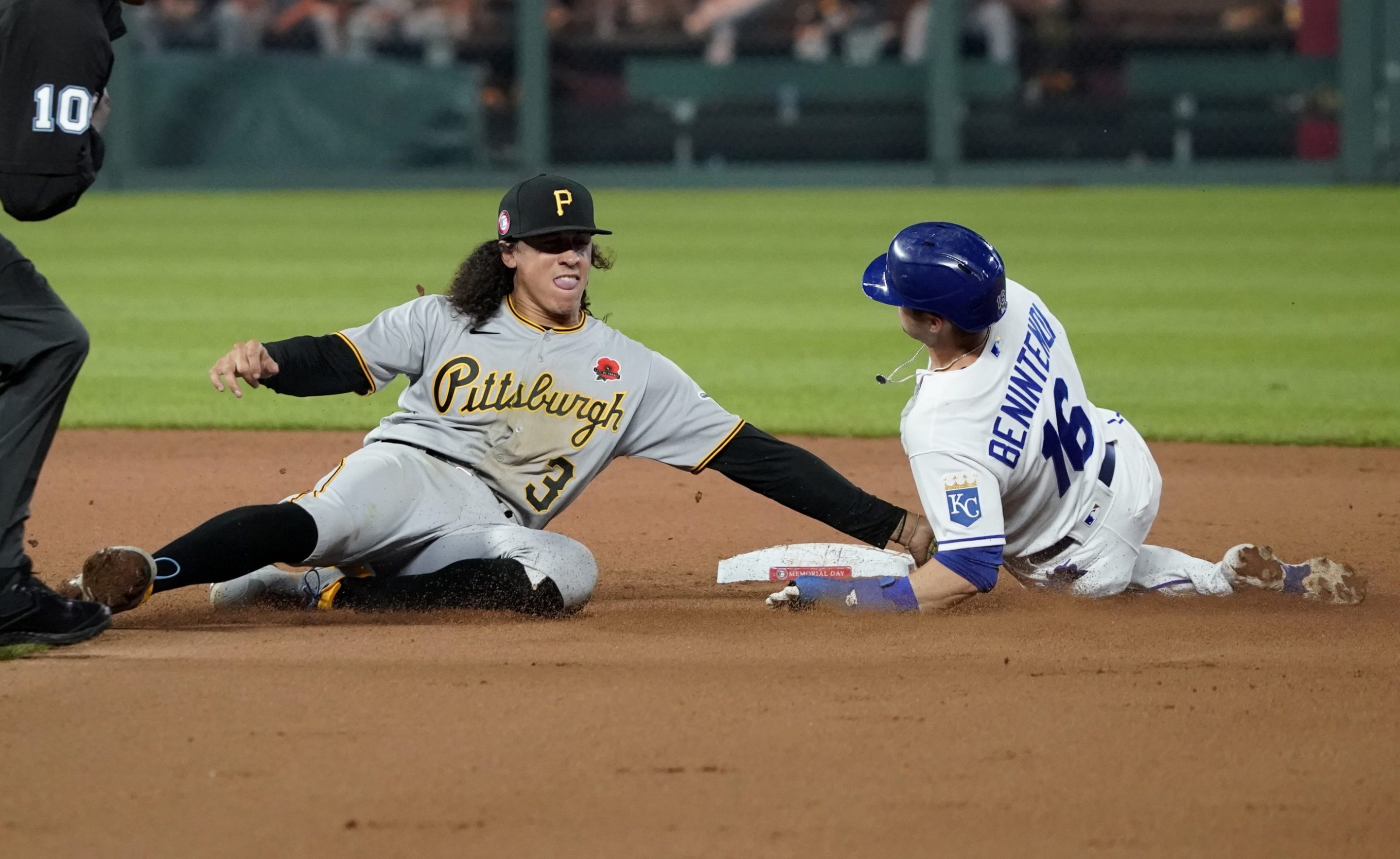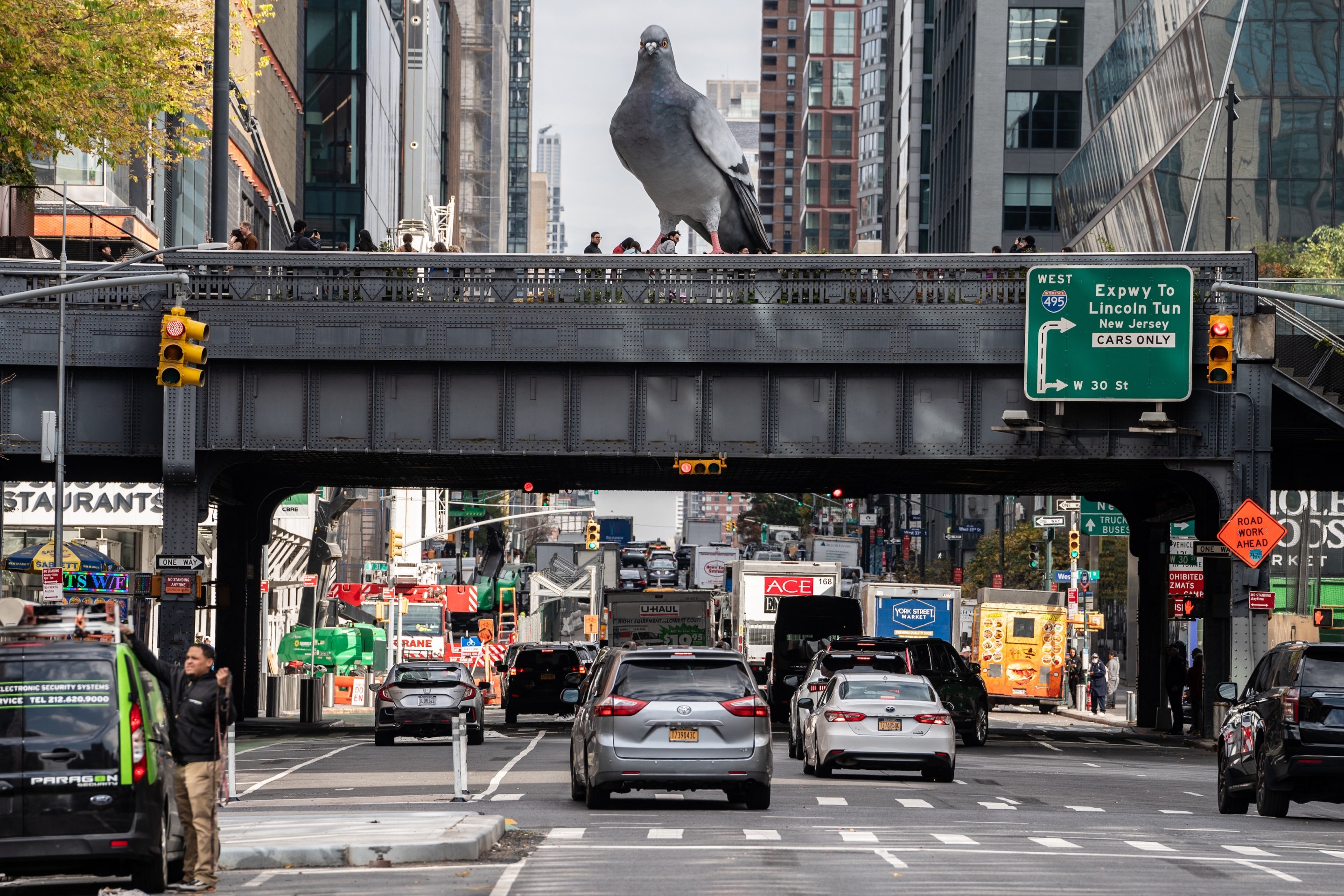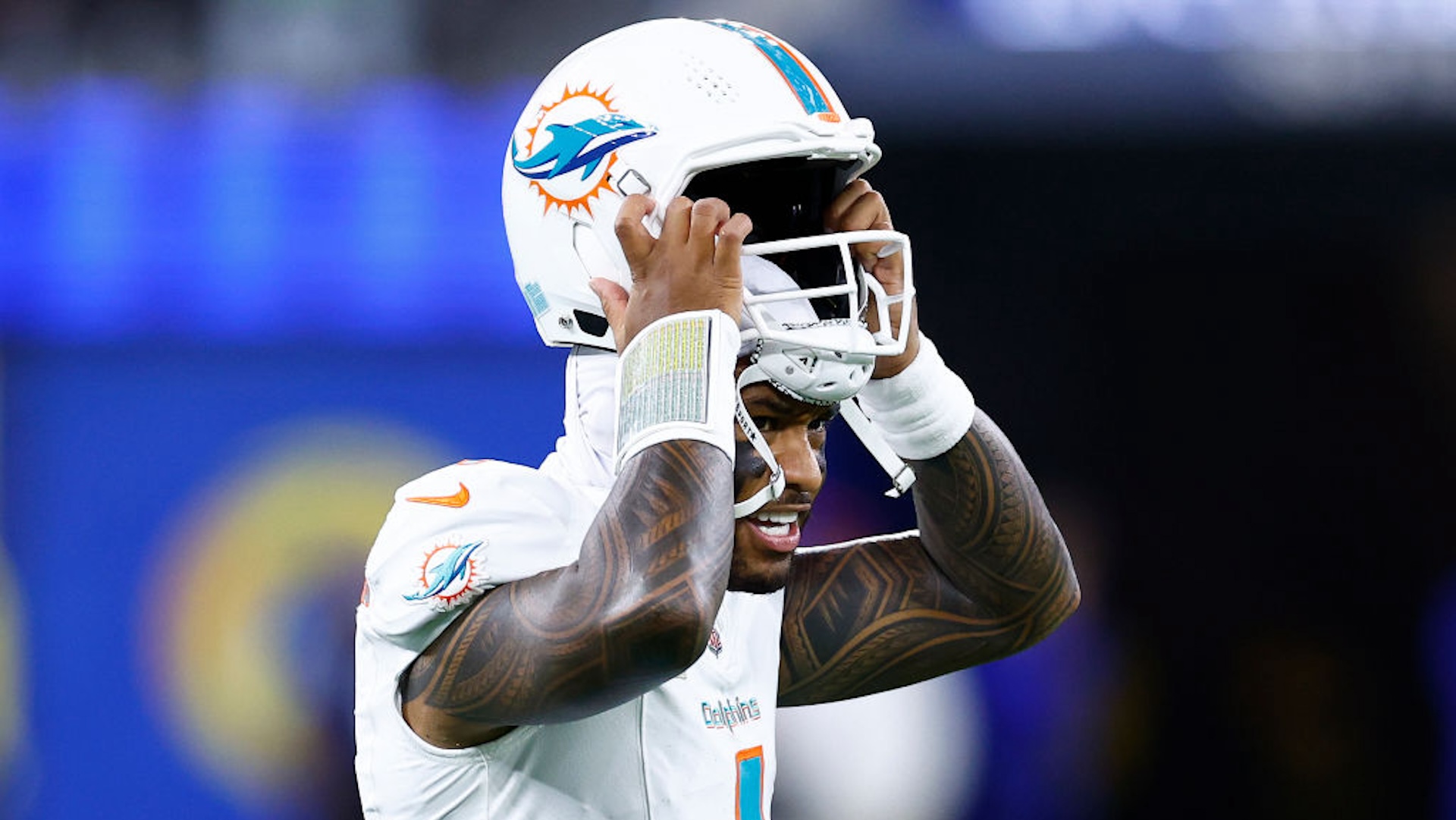Interleague play was probably a good idea. Since its inception in 1997, the AL-NL crossovers have produced consistently hot tickets for series like Yankees-Mets, given fans the chance to see their teams play in iconic ballparks like Wrigley and Fenway, and added just a bit of variety to the players that cross each other's paths on a day-to-day basis. But sports owners love to take a good idea and push it beyond its limit, and that's what I fear is about to happen next season, when the number of interleague games for each team is set to more than double.
The change comes in the aftermath of MLB's lockout that delayed the start of this season. One of a bunch of smaller tweaks in the new CBA that got overlooked amid the larger news about baseball returning was a pretty dramatic expansion of interleague action beginning in 2023.
For simplicity's sake, here's the current 162-game schedule breakdown for any given MLB team, which has been in effect since the Astros joined the AL in 2013:
- 19 games against each of its own four division opponents (76 games total)
- 6 or 7 games against each of the other 10 teams in its own league (66 games total)
- 16 interleague games against a designated division
- 4 interleague games against a "natural rival"
And here's what it'll be starting in 2023:
- 14 games against each of its own four division opponents (56 games total)
- 6 games against each of the other 10 teams in its own league (60 games total)
- 4 interleague games against a "natural rival"
- 3 games against each of the other 14 interleague opponents (42 games total)
That's a huge reduction in the number of divisional games a team plays in a year, all disappearing from the calendar to make room for less familiar foes. Baseball's public argument in favor of this change is that it makes the schedule more equal, particularly among teams from different divisions in the same league. Where those potential wild card competitors used to have about half their games in common, the new standard brings that up above three-fourths. That is more fair, some might say. But there's also a clear financial incentive at work here, where the owners want to cram more marquee names onto each of their own schedules. The NL teams want to sell tickets to games played by the Yankees and Red Sox, while the AL teams want to unload seats for the Cubs and Dodgers. They used to get this opportunity once every six years; now the lucrative franchises will come to town every other season.
The annoying flip side to this increase is that, in addition to the eye-catching teams appearing more often, there are also going to be many more crap series that nobody gives a damn about. If you're a fan of the Mariners, for example, sure you're going to get more chances for intriguing battles with the Giants and Dodgers. But you're also going to be stuck with such limp match-ups as the Marlins, the Pirates, and the Diamondbacks. And it's the same for everyone: Nobody asked for more Orioles vs. Rockies showdowns.
If this sounds like a mere aesthetic complaint, it's not, or at least not strictly. Interleague games matter tangibly less than any other on the schedule, because those opponents are not competing for the same playoff berths. A win over a division rival earns you a full game on them. A win over another team in the same league gives you that same boost in the wild card chase. But an AL team beating an NL team, or vice versa, can only have half as much weight because each team is running a completely different race for a completely different prize.
An example: I've become a shameless Mets bandwagoner this year because they're the local team and they're fun as hell while my Tigers are once again very depressing. Those Mets have a 2.5 game lead on the defending champion Braves, thanks in part to an awesome series the two had in Atlanta last week. All of those games were anticipated, tense, and played in front of large, hot crowds. And as a baseball fan, there really is nothing better than the emotional boost of your team taking a series against their closest competitors in the standings. If you look at the Mets' schedule for the second half of the season, it's got to be their 12 games left against Atlanta that you most look forward to. Next year, though, there will be five fewer of those, with exciting nights replaced by yawns like the Royals and A's. Eliminating a bunch of the highest-stakes games of the regular season would seem to dampen interest rather than intensify it. And if familiarity breeds contempt, what will more time in between meetings mean for the rivalries that divisional play has created?
"I really like the exhausting number of division games," Defector's Maitreyi Anantharaman told me when we discussed the change. "Just these piece-of-shit guys you hate and have to see all the time. I’ll miss it."
There's an elephant in the room, though, and it's the expanded playoff bracket. The way it's currently structured, the top two division winners in each league get byes past the first round, while the worst division winner gets the worst of the three wild card teams in a risky three-game series. The Dodgers and Mets would get those byes if the season ended today, but in the NL Central, the tight race between the Brewers and Cardinals means almost nothing, as long as whoever finishes second can snag one of the wild card berths. In effect, for the rest of this season, the Mets are partially trying to hold off the Braves but should mainly be focused on keeping up with the other division leaders, because a division title just on its own has a microscopic impact on their World Series chances.
I mean, I care about whether or not a team wins its division, but it's not obvious that MLB still does. That's how it goes, I guess. Fans from a couple generations ago wouldn't have any reverence for divisions at all, because they didn't exist. Still others would argue that divisions were nerfed by the introduction of the wild card in 1994, which allowed second-place teams to keep playing. I liked the old eight-team playoff because that was what I grew up with, but I understand how some of those positive feelings were determined by the randomness of my birth year. Point being, nobody's going to care about the sanctity of the division decades from now, when the entire MLB season is just one big quinoctogintuple-elimination playoff. However, we don't necessarily need to give up all that ground this quickly. The hours of our lives spent watching the Tigers play the Reds can never be recovered. It's in all of our best interests to hold off that fate as long as possible.





